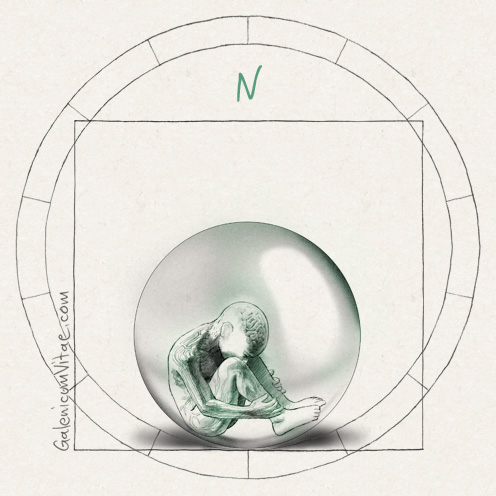Autism is a set of similar alterations, but the expression of these disorders varies widely in degree and form one person to another.
Autism covers a range of disorders that affect communication skills, socialization and the person’s ability to be empathetic.
It is manifested by the inability to interact socially, isolation from the environment and an inwardly-focused personality a pathologically way which includes mental and behavioural rigidity.
With proper treatment, the lives of people suffering from autism can be greatly normalised.
Autism is not a disease but a disorder that lasts a lifetime. We have started to recognise some relevant genetic factors and we have learned that it is not the lack of ability or complete inability to relate, but "difficulties" in communicating.
Children with autism interact poorly socially. The autism is often initially detected by those closest to the child and, when he is still a baby, they see that the baby is indifferent to his surroundings.
They lack empathy and have difficulty interpreting the emotional state of the people around them. They are unable to self-recognise, so they sometimes refer to themselves in the third person, by name, instead of the first-person "I" or "me".
Scientists agree that the symptoms of autism spectrum disorders are the result of generalised developmental disorders of various functions of the central nervous system.
The cause, or causes, are yet to be discovered. Clearly, there is not a single biological cause, but several factors that may be involved must be considered. In most cases, hereditary factors must be considered. However, genes alone cannot explain all the variations that occur within the spectrum of autism. We must take into account the interaction between the genetic potential and the biological environment before and during birth.
In other cases, there is a strong link between autism spectrum disorders and some genetic disorders - phenylketonuria, tuberous sclerosis, neurofibromatosis, Fragile X syndrome.
In any case, the evidence of a biological and organic causal mechanism in autism is overwhelming. It has been shown that there is no causal relationship between the attitudes and actions of parents and mothers and the development of autism spectrum disorders.
More information:
Autism Spectrum Disorder (ASD): Condition Information
http://www.nichd.nih.gov/health/topics/autism/conditioninfo/Pages/default.aspx
What Is Autism?
http://kidshealth.org/teen/school_jobs/school/autism.html
Autism Society
http://www.autism-society.org/

 Digestive
Digestive  Blood
Blood Cardiovascular
Cardiovascular Dermatology
Dermatology Genitourinary,
Genitourinary, Hormones
Hormones Infections
Infections Oncology and
Oncology and Musculo-skeletal
Musculo-skeletal Mental health and
Mental health and Parasites
Parasites Respiratory
Respiratory Senses
Senses Various
Various




